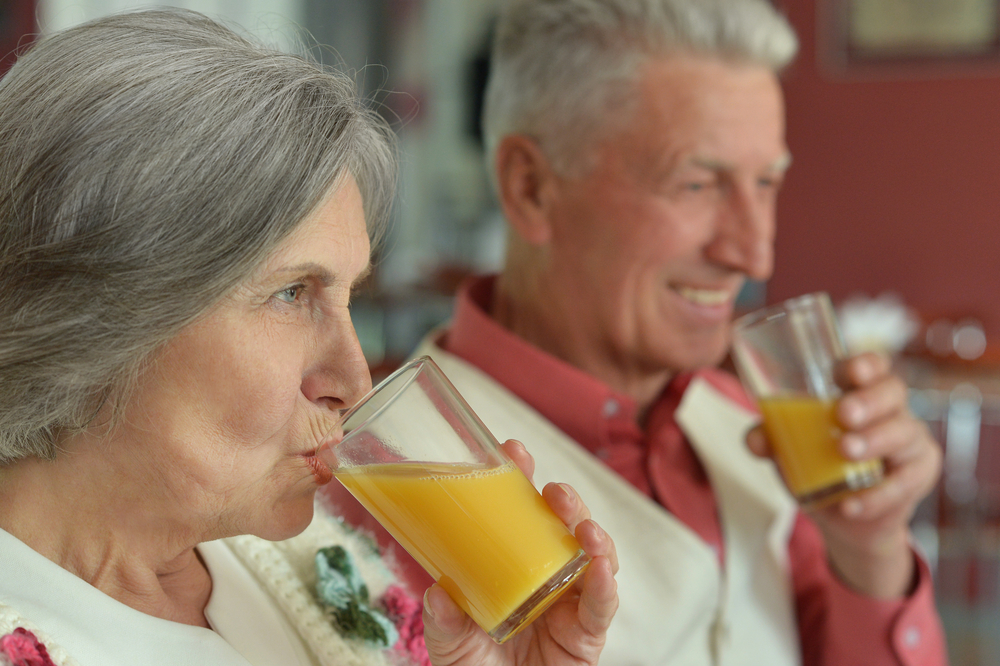Resource Library
Start Reading

When reaching for a beverage, you’re likely not wondering about drinks that are good for your teeth. Without knowing what the best drinks for your teeth are, you may not be giving your mouth every advantage.
Here at Penn Dental Family Practice (PDFP), we help patients do all they can to achieve and maintain good oral health. That’s the reason we’re sharing this infographic.
Created by one of our dental students at the University of Pennsylvania School of Dental Medicine, it shows which drinks are and aren’t bad for teeth, and why.
To find drinks that are good for your teeth, consider four factors:
The pH scale measures acidity. The lower a beverage’s pH level, the higher its acidity. Highly acidic drinks damage tooth enamel.
The most acidic drinks are sugar-sweetened ones. Soft drinks (including diet soda), sports drinks and energy drinks, and iced and sweet teas all contain high levels of acid that contribute to the erosion of tooth enamel.
Even 100% fruit juices are acidic. The juice of fruits like lemons, grapefruits, and oranges is especially high in citric acids. Apple, peach, and pear juices are less acidic.
Juices aren’t the only drinks often considered healthy that can damage teeth. Kombucha tea, for instance, is high in antioxidants, but also highly acidic.
The average American diet includes too much sugar, especially added sugars. Excess sugar contributes to poor oral health. Added or natural, sugars feed bacteria in your mouth that erode tooth enamel. Weakened enamel increases your risk for tooth decay and gum disease.
Also, after exposure to sugars, our mouth’s pH drops and tooth enamel demineralizes. The Stephan Curve, referenced in the infographic, shows pH recovery takes at least 20 minutes. Until it does, enamel is vulnerable.
Most sugary drinks that are bad for teeth are the acidic drinks we’ve discussed: soft drinks, sports and energy drinks, fruit juices, and iced and sweet teas.
 Carbon dioxide (CO2) in carbonated beverages becomes carbonic acid, which lowers the drink’s pH level. Carbonated waters—club soda, seltzers, and tonic water—are better choices than sodas, but still contain CO2 that becomes carbonic acid.
Carbon dioxide (CO2) in carbonated beverages becomes carbonic acid, which lowers the drink’s pH level. Carbonated waters—club soda, seltzers, and tonic water—are better choices than sodas, but still contain CO2 that becomes carbonic acid.
Sparkling water is carbonated, but naturally. When drunk without added sugars, it is “generally fine” for teeth, according to research.
The darker a drink, the more likely it is to stain your teeth. The most common teeth-staining beverages are coffee, tea, and red wine.
Like some fruit juices (such as apple and grape) and beer, these drinks get color and taste from organic compounds called tannins. Substances that produce colored compounds stick to tannins. Tannins also attract sugars, proteins, and bacteria to the teeth’s surface, creating conditions for tooth decay and gum disease.
Are there drinks that are good for your teeth?
Plain, clean tap water—especially when fluoridated—poses no danger to teeth. It also quenches thirst better and delivers more health benefits than other beverages.
The next best drink for your teeth is milk. It contains proteins that form a protective film on enamel. Milk is rich in calcium and phosphorus, minerals that help repair damaged enamel. And while milk is mildly acidic, it can help neutralize more acidic beverages.
This endorsement of milk doesn’t include chocolate milk. While flavored milk can contain the same nutrients as unflavored, they also contain added sugars. And if you drink plant- or nut-based milk instead, choose calcium-fortified varieties.
Black tea and green tea contain fluoride, often in higher concentrations than in “optimally fluoridated water.” Some research suggests these teas also contain chemicals that could help reduce plaque. But any benefits from tea can’t replace routine brushing and flossing. And adding sugar to your tea makes it bad for your teeth, as are other sugar-sweetened beverages.
 At PDFP, we understand few people want to completely cut out acidic drinks and sugary drinks. But we offer these tips for teeth-friendlier consumption:
At PDFP, we understand few people want to completely cut out acidic drinks and sugary drinks. But we offer these tips for teeth-friendlier consumption:
Finally, don’t brush your teeth immediately after drinking acidic and sugary drinks. Your toothbrush can damage your tooth enamel while it’s vulnerable. Give your saliva a half hour to mount a natural defense first.
PDFP hopes this infographic helps you choose drinks that aren’t bad for teeth more often. To find out about other ways we can help you and your family stay in good oral health, download our free chart, “The Evidence You Need to Pick the Right Dentist.”